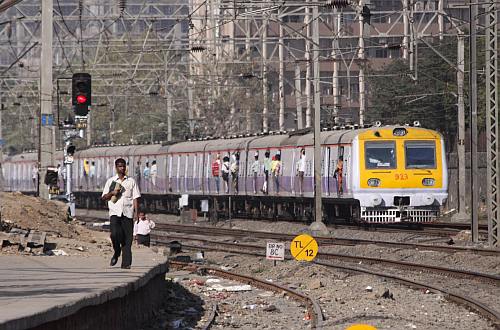Ending the 92-year old practice of a separate railway budget, Jaitley attempted to steer the country’s rail policy on a growth-oriented trajectory by focusing on a structural reform plan for IR in his speech in the Lok Sabha.
IR will roll out an “accrual-based” accounting system by March 2019 and will take steps to increase throughput by 10% over the next three years by modernising and upgrading identified corridors, the finance minister said.
In a speech lasting 90 minutes, Jaitley identified four core areas for IR: passenger safety, capital and development works, cleanliness and finance/accounting reforms.
Hinting that the proposed independent Rail Development Regulator would be set up shortly, Jaitley said that passenger fares and freight tariffs would be decided by taking into account cost and quality of service, IR’s social obligations, and competition from other transport modes.
In the coming financial year, IR will also award contracts to re-develop 25 railway stations with private sector participation.
Capital expenditure this year is expected to reach Rs 100bn more than the revised estimates last year, with a gross budgetary support component of Rs 550bn.
New line construction will fall to around 800km, compared with 900km last year, but there will be greater emphasis on track renewals (3600 route-km against 2668 route-km last year) and electrification (up from 2000 route-km to 4000 route-km). Track-doubling will be stepped up from 1040km last year to 1800km in the coming financial year. Gauge conversion will be carried out on 900km of the network and IR will manufacture or procure 4695 coaches and 12,000 wagons.
The finance minister wants IR to take end-to-end integrated transport solutions for transport of select freight commodities through participation of private logistics players. “The way of doing business must change,” he says.
RRSK will spend around Rs 200bn each year over the next five years with works including track renewals, signalling upgrades and tasks relating to the elimination of 11,563 unmanned level crossings at an estimated cost of Rs 390bn. “IR will engage international experts to carry out safety upgrade works,” Jaitley says.
The Indian government’s contribution to the RRSK will be Rs 50bn while IR will need to raise additional funds internally.

